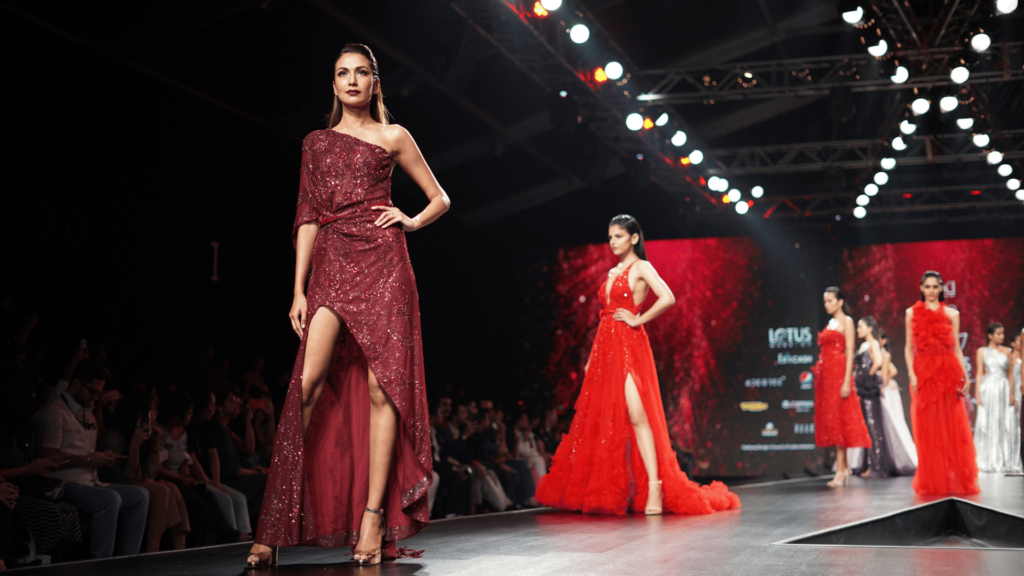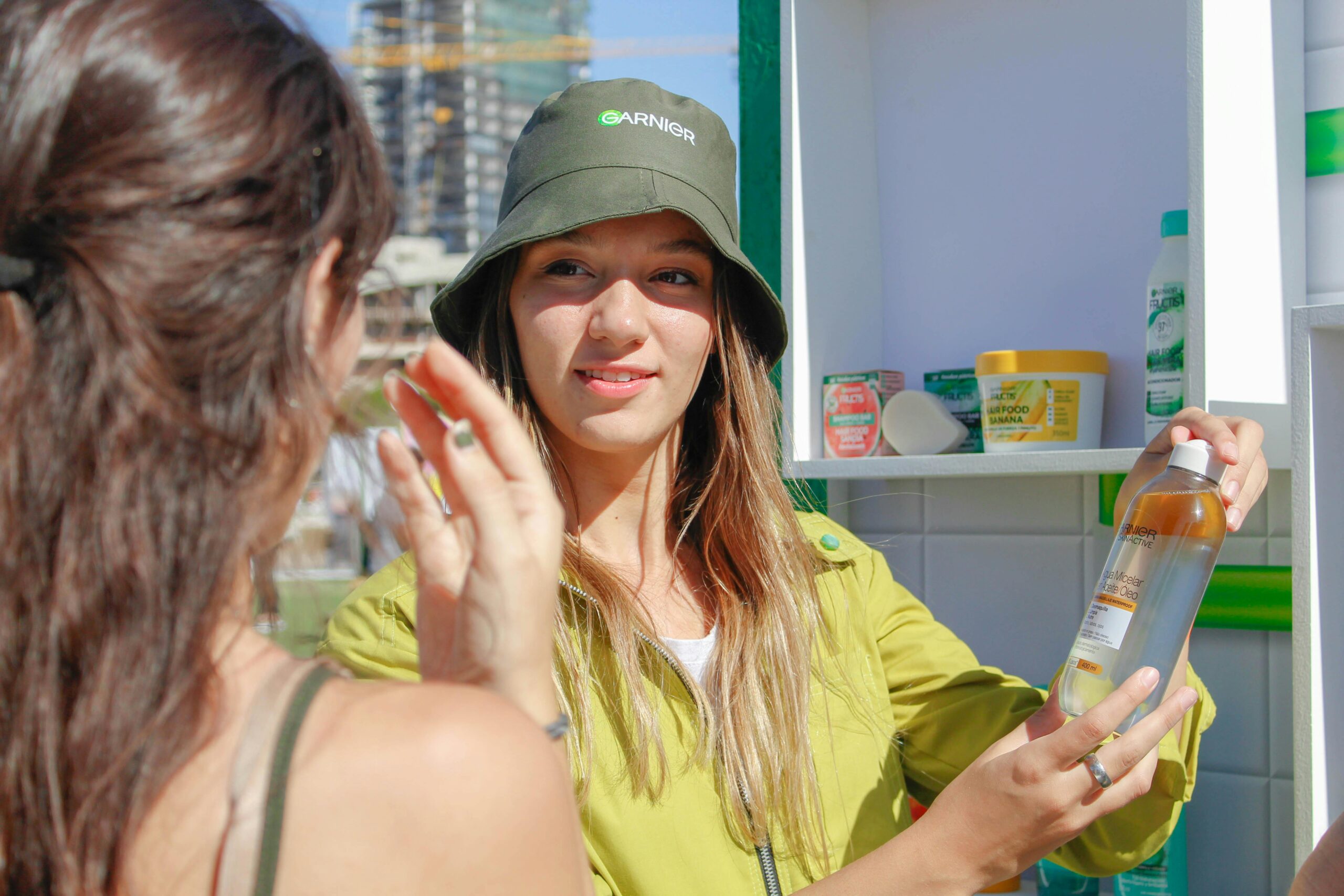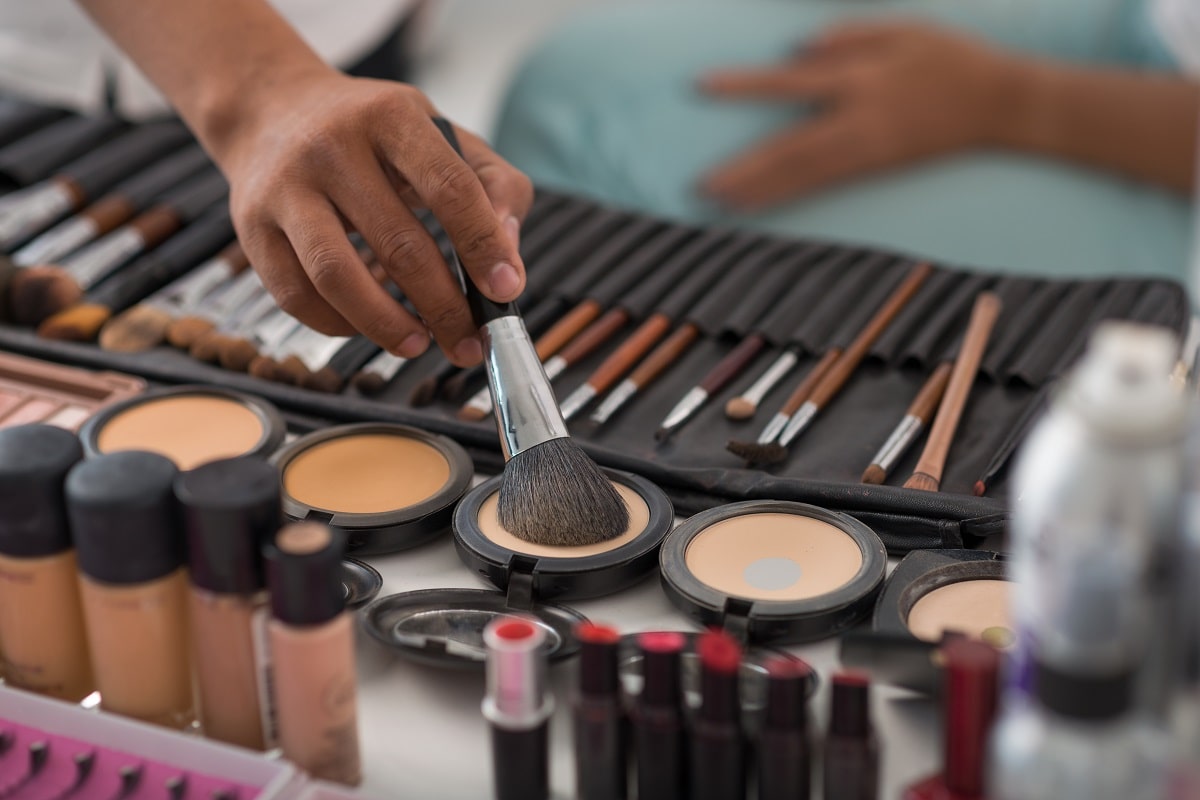Fashion Show Producers: Behind the Glamour
Fashion shows are exciting events that bring together designers, models, and fashion enthusiasts to showcase the latest trends and designs. Behind the scenes, there is a team of professionals who work tirelessly to ensure the success of these shows. One key player in this process is the fashion show producer. In this article, we will explore the role of a fashion show producer, the skills required to excel in this field, and some tips for success.
Role of a Fashion Show Producer
A fashion show producer is responsible for overseeing all aspects of a fashion show, from conceptualization to execution. They work closely with designers, models, stylists, and other industry professionals to create a memorable and impactful event. The role requires a combination of creativity, organizational skills, and the ability to work under pressure.
Becoming a Fashion Show Producer
To become a fashion show producer, it is important to have a strong understanding of the fashion industry and its dynamics. Keeping up with the latest trends, designers, and fashion events is crucial. Additionally, having a network of contacts within the industry can be beneficial when it comes to sourcing designers, models, and other professionals for the show.
Essential Skills for a Fashion Show Producer
Organization is key in the world of fashion show production. A producer must be able to juggle multiple tasks simultaneously and manage tight timelines. From scouting venues and securing permits to coordinating rehearsals and managing budgets, attention to detail is essential. Strong communication and negotiation skills are also important, as producers often need to work with vendors, sponsors, and other stakeholders.
Creativity is another important aspect of being a successful fashion show producer. Producers are responsible for creating a unique and memorable experience for the audience. This involves conceptualizing the show’s theme, selecting music, choreographing the runway, and creating a visually stunning set. Thinking outside the box and being able to bring a vision to life is a valuable skill in this role.
Tips for Success
- Gaining practical experience through internships or entry-level positions is vital for aspiring producers.
- Networking and staying informed about industry trends are essential for building relationships and bringing fresh ideas to your work.
- Investing in education can give you a competitive edge, with institutions like NYU offering specialized courses in fashion show production.
- Consider taking online courses from Yellowbrick, such as the “NYU Business of Entertainment” program, to further enhance your skills and knowledge.
Key Takeaways
- Fashion show producers play a crucial role in the success of fashion events, overseeing all aspects from conceptualization to execution.
- Skills required for fashion show production include creativity, organization, strong communication, and the ability to work under pressure.
- Gaining practical experience through internships or entry-level positions is vital for aspiring producers.
- Networking and staying informed about industry trends are essential for building relationships and bringing fresh ideas to your work.
- Investing in education can give you a competitive edge, with institutions like NYU and Parsons offering specialized courses in fashion show production.
- Consider taking online courses from Yellowbrick, such as the “NYU Business of Entertainment” program, to further enhance your skills and knowledge.
Take the first step towards a rewarding career in fashion show production by applying these tips and continuously expanding your expertise. The world of fashion and entertainment awaits you!
Stay tuned for more insightful articles on the fascinating world of fashion and entertainment!





